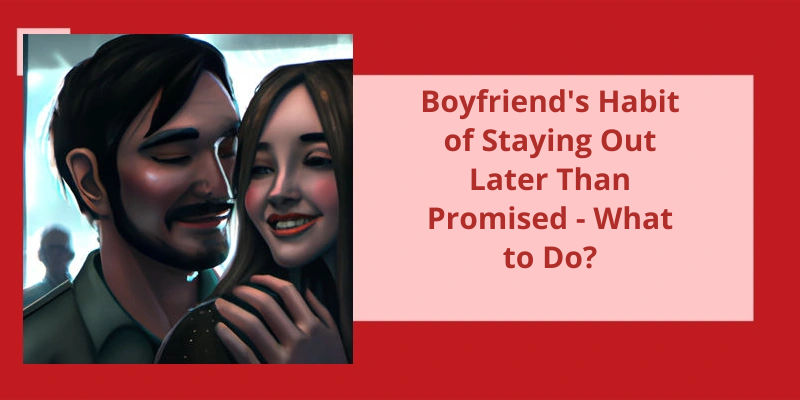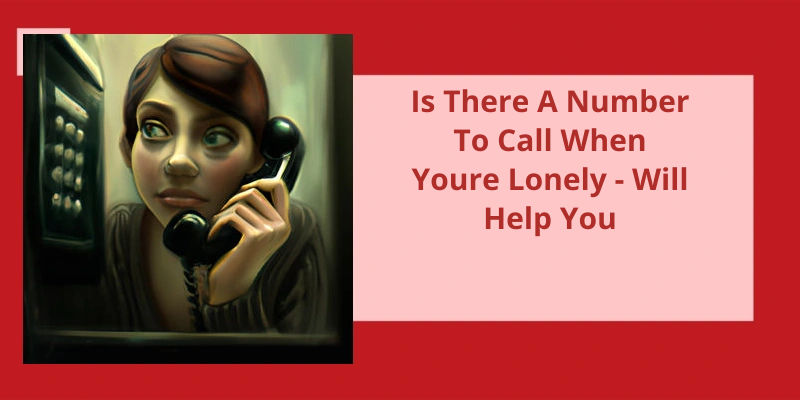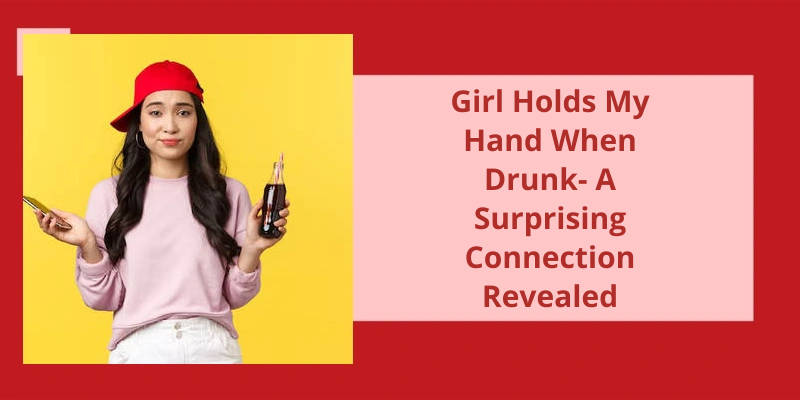As social beings, we often find ourselves surrounded by individuals whom we refer to as friends. These individuals are those who, beyond just being acquaintances, share with us a level of camaraderie and companionship that enriches our lives. However, despite the many benefits that come with having friends, it’s also possible to find ourselves in situations where we don't like certain aspects of our friends' personalities. This can be a complex issue to navigate, particularly when we care about these individuals and don't want to jeopardize our relationship with them. In this article, we'll explore some of the reasons why we may not like our friends' personality traits, how it can impact our lives and relationships, and what we can do to navigate these challenges.
What Qualities Don T You Like in a Friend?
Friendship is one of the most important aspects of life, and having good friends can make all the difference. However, not everyone you meet will be a good friend. There are certain qualities that make people bad friends, and being aware of these can help you avoid getting hurt or disappointed.
One of the most frustrating qualities in a friend is when they refuse to celebrate your successes. A bad friend may become jealous and resentful when you achieve something great, making it difficult for you to share your achievements with them. This can lead to feelings of isolation and discomfort, as you may feel like you’ve to hide your successes from your friend.
Another major problem with bad friends is a lack of honesty. Good friends are honest with each other, even when it’s difficult. However, bad friends may lie or manipulate you, leading you down a path that isnt in your best interests. This can be incredibly damaging and can cause you to question your own judgment.
A bad friend may also avoid listening to what you’ve to say. They may be dismissive or disinterested in your thoughts and feelings, making it difficult for you to communicate with them. This can be especially frustrating if youre going through a tough time and need someone to talk to.
Competitiveness can also be a sign of a bad friend. While friendly competition can be healthy, a bad friend may constantly try to outdo you in every aspect of life. This can be exhausting and ultimately damaging to your self-esteem and confidence.
Finally, letting go of a bad friend can be extremely difficult. Nobody likes to end a friendship, especially if youve been friends for a long time. However, holding onto a toxic relationship can be damaging to your mental health and overall well-being. It’s important to know when it’s time to let go and move on to healthier relationships.
The Importance of Forgiveness and How to Rebuild a Friendship After a Falling Out.
Forgiveness is crucial for healing and repairing relationships after a falling out. It involves recognizing and acknowledging the hurt caused, being willing to let go of anger and resentment, and actively working towards rebuilding trust and connection. This can be done through open communication, genuine apologies, and demonstrating a commitment to change.
Conclusion
In conclusion, it’s completely normal and valid to not like someone's personality, even if that person is a friend. Personality is a complex combination of traits, values, beliefs, and behaviors that shape how a person interacts with others and the world around them. While some personalities may be more compatible or appealing to us than others, it’s important to remember that we can’t change someone else's personality. Instead, we can focus on building and maintaining relationships with people who align with our own values and bring out the best in us. It's okay to set boundaries and distance ourselves from people who’re toxic or draining to be around, even if they’re our friends. Ultimately, the most important thing is to prioritize our own mental and emotional well-being above any social expectation or obligation.






